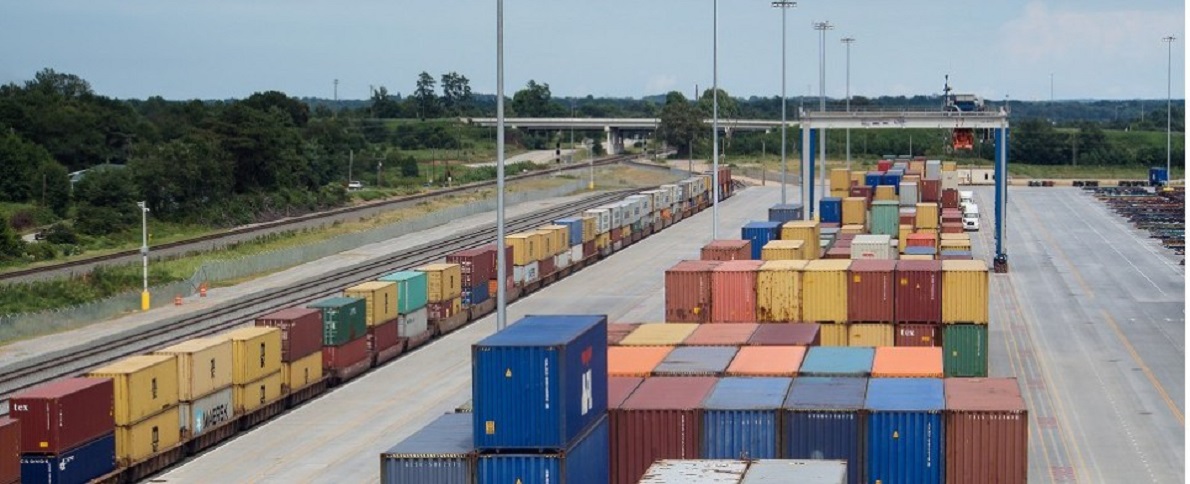The Association of Nigeria Licensed Customs Agents has queried the timing of the public hearing for the Council for the Regulation of Freight Forwarding in Nigeria bill.
The public hearing was scheduled for Tuesday, May 12.
ANLCA raised questions about setting the public hearing at a point where the country is being ravaged by the COVID-19 pandemic.
“Why is the public hearing on such an important and expectedly all-inclusive amendment slated for this period of COVID-19 which has almost incapacitated everyone including the stakeholders?” the association said in a statement signed by its National Publicity Secretary, Joe Sanni.
Sanni queried if the move was well-intentioned observing that it was formed during a period of a pandemic.
He said, “Is this move well-intentioned at these precarious times, with all the contending issues surrounding the CRFFN Act No 16 of 2007?
“Are the stakeholders not being unnecessarily hoodwinked with the hasty rush, to achieve what they have been unable to achieve by force –that is the Practitioners Operating Fees, while those superintending over the affairs of the CRFFN have conveniently ignored Sections 4 and 6 of the extant Act 16 of 2007 since inception?
“The CRFFN Act amendment bill, sponsored by Hon Patrick Asadu, on July 18, is not even made public yet and stakeholders do not know what amendments are being proposed. But judging from the body language of some of those pushing for the amendment, it is all for pecuniary reasons and not to advance the course of the industry.”
ANLCA affirmed that one of the agencies under the CRFFN was embroiled in a crisis of multidimensional, constitutional proportion with several cases in court.
It maintained that the association was informed of the multiple court cases instituted against the CRFFN, and their implications on what the lawmakers intended to do by amending the Act 16 of 2007.
The union said, “The lawmakers should be informed that there are misconceptions surrounding the Customs brokers and freight forwarders’ differences in the CRFFN.
“While freight forwarding is defined as transportation of goods through various modes, Customs brokers are defined as licensed corporates that transact/interface with the Customs within Customs environment, on behalf of importers/exporters.”
It also said, “Presently, the Nigeria Customs Service does not give licences/permits to freight forwarders, but licences are only given to corporate Customs brokerage agencies. Therefore, Customs brokers cannot, and should not, be regulated by two federal ministries of finance and transportation, as the CRFFN Act seems to do now.
“What is at play is the mischief of all the CRFFN governing council members, without exception, to collect by all means from their unwilling members the POF, which has been opposed.”
It stated that with the airspaces and interstate borders closed, it was surprising how the stakeholders made it to the public hearing.













